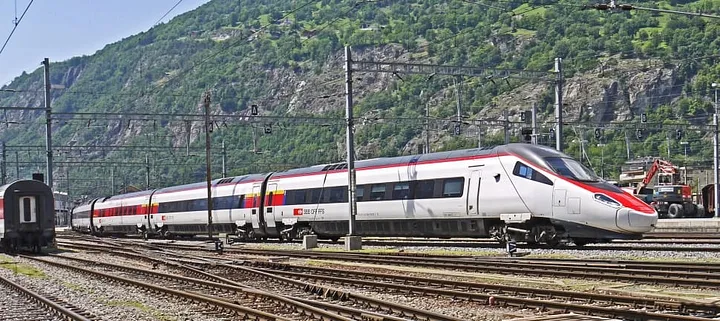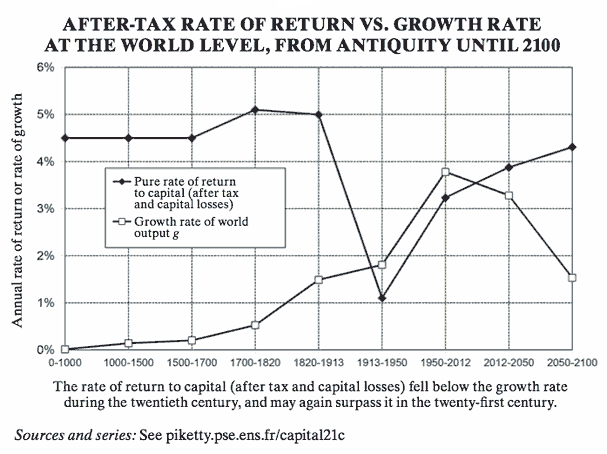- Posted on
- • Business
“Shovel-ready” projects are not just for Christmas
- Author
-
-

- User
- aydin
- Posts by this author
- Posts by this author
-

Winter 2019 looms, as does the threat of a global slowdown.
On a local level, Brexit threatens to slow growth across the EU thanks to increased bureaucracy, trade friction, and declines both in FDI and domestic investment. At a global scale, Trump is doing his best to destroy all of Obama’s legacy, including the economic recovery post 2008 credit crash. Trump’s unforced error being his incomprehensible trade war with China, let alone allies such as the EU.
These fears lead one to consider the best remedy to a slowdown or worse, recession. In 2008, Obama got the US back onto it’s feet faster than most partly thanks to having the global reserve currency at his disposal, and partly thanks to a rapid Keynesian response with “shovel-ready” projects nationwide. The UK by contrast went “all-in” for austerity, and enjoyed the resultant slow recovery, and significant social schism that most commentators recognise led to the Brexit vote.
As we watch the risks of a “no-deal” Brexit escalate, the policy options for the UK are worth reflecting on. Boris Johnson’s pre-election messaging appears Keynesian in tone, with promises (unfunded, of course) of extra police (ok, replacing those lost under austerity), extra nurses and doctors (ok, replacing those lost…), new hospitals (ok, fixing existing ones left to rot under… …oh, you get the idea). However, it misses the wider vision necessary in the long term. Many look to countries like Switzerland with envy — not in the EU (despite adhering to most of the rules and regs made there), free to do trade deals (but suffering the barriers of not being in the CU), and prospering (although how much is due to decades of grey finance or actual industry is up for debate).
Switzerland, however, has a number of significant differences with the UK.
Firstly, thanks to it’s federal structure and strong devolution (with federal, cantonal and communal governments, and a direct democracy platform), it has stable and reliable politics, with high levels of accountability. It is famously slow at change (women got the vote throughout only in the 1990s), but has none of the social and economic cost of chopping and changing, with political short-termism as in the UK.
Secondly, it has a long track record in investing in public infrastructure and services in ways the UK doesn’t even come close to. Look at it’s railways, roads, and as importantly, education. World class, and consistent throughout the land, with no post-code lottery. Private schools are looked upon with pity as places where “Tim nice-but-dim” has to go if he doesn’t pass his “pre-gymnase” Cantonal exams.
Finally, investment is spread through the country not just on “vanity” projects, but on infrastructure and services for the long term and for the benefit of it’s citizens, with clear value. Railway budgets are published and approved by referendum over a 10 year horizon. Rail companies are incentivised to deliver value, otherwise they will lose ratification of their budgets — simple.
The consequence of this is social cohesion. The insight it offers may also be an answer to the problem that Thomas Piketty describes in his book Capital that return on capital is greater than return on labour.

In the US, UK and other developed countries, the emergence of AI and the migration of revenues from middle income jobs like taxi drivers to the smaller number of software developers of platforms like Uber is a real demographic and macroeconomic challenge.
There are those from Silicon Valley to Finland who advocate ideas like the Universal Basic Income as a solution to the growing wealth gap between those with capital and those without. This does feel however like an “artificial” intervention in the market, which has unclear value at a macro level, and also for the individual in terms of self worth.
One could argue that the Swiss model, meanwhile, is essentially one of a capitalist state, with redistribution on a massive scale. Continuous investment in roads, railways, and the services that come alongside them mean that there is redistribution of profits from high productivity (but low employment) industries like finance, pharma, high-tech manufacturing and IT towards roles that offer middle income employment for a good proportion of the country. What is at the surface seen as protectionism with high barriers to entry for all manner of jobs is actually a way of ensuring high educational and employment standards as well as salaries across all roles.
So perhaps Switzerland offers an alternative for the UK to the Corbynista vision of redistribution — one where capitalism can rub alongside a social compact that delivers value, high quality infrastructure, and social cohesion. However, it will require investment over decades on a scale that would blow the minds of most in the Tory party today.